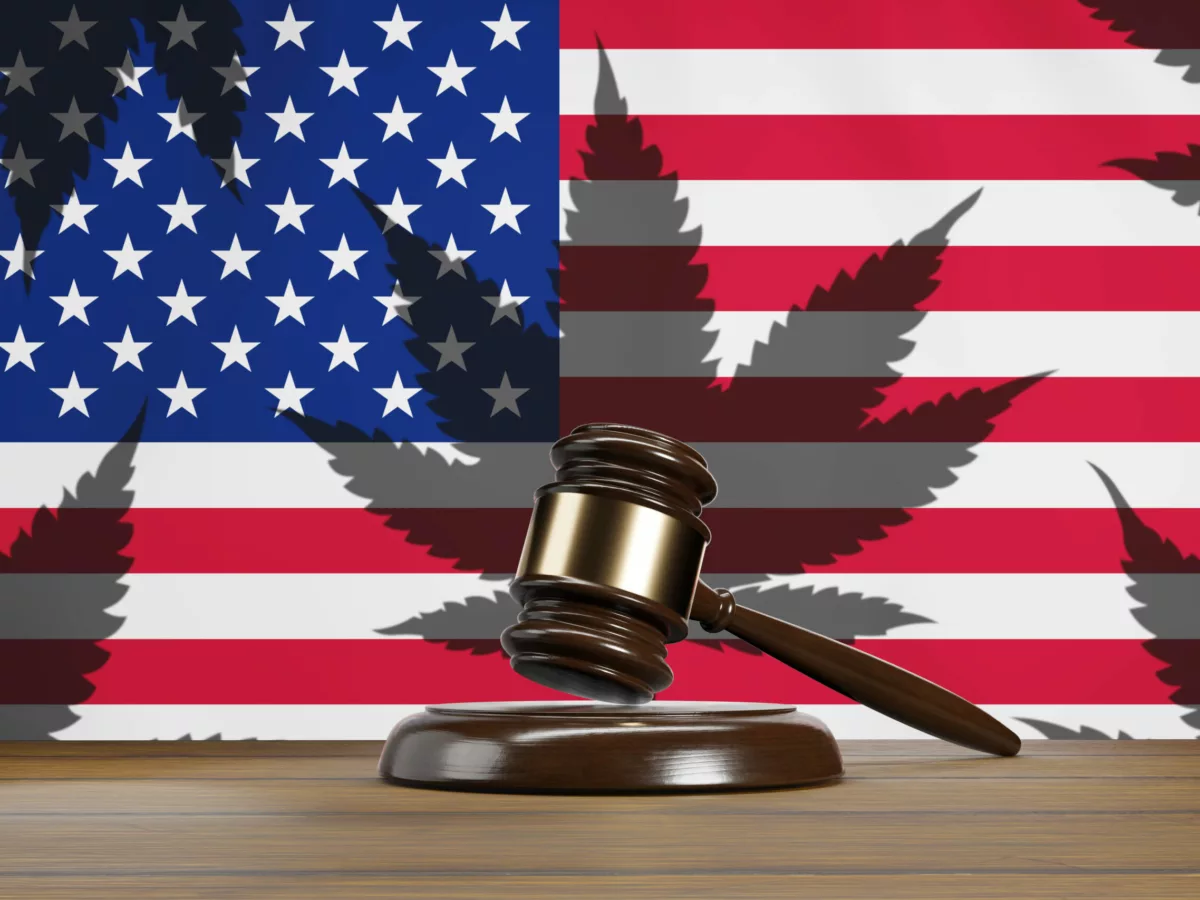The legalization and taxation of recreational cannabis will affect a wide range of public bodies when Maryland’s moment finally comes, from law enforcement agencies to both chambers of the State House in Annapolis.
But when it comes to tracking the expected swell in state revenues, the most affected entity will be the office of the state’s chief financial officer.
And for the first time since 2007, Maryland will have a new face at the helm of that office. Whoever it is will play a key role in overseeing the regulation of the market.
In a recent Maryland Matters piece, candidates competing to succeed longtime Comptroller and 2022 gubernatorial candidate Peter Franchot generally agreed that Maryland’s future adult-use industry should be equitable, lifting up minority communities that have long suffered from weed’s prohibition.
“We need to make sure that the process is fair and equal to all, but we’ve also got to make sure that we level the playing field, which historically we have not done,” Democratic candidate Tim Adams told the nonprofit news outlet.
But the candidates have differing views on who should regulate the forthcoming legal weed sector.
While Adams wants the Comptroller’s office to take charge, his Democratic opponent, Del. Brooke Lierman of Baltimore, would prefer to add cannabis to the purview of the state’s new Alcohol and Tobacco Commission (ATC), which officially took over regulation of its namesake vices from the comptroller’s office at the beginning of this year. Two legalization bills that failed to advance in Maryland this spring, HB 32 and SB 708, also called for regulation overseen by the ATC.
In an interview, Lierman told The Outlaw Report that the ATC, created in 2019 via legislation that Franchot opposed, should be in charge of enforcing regulations on the legal cannabis industry. For one, she argued, the ATC’s members are appointed and therefore less exposed to conflicts of interest than an elected official — like the comptroller — whose campaign collects donations.
Furthermore, ATC would be more apt to specialize in cannabis regulation ”because they’re a smaller agency, they’re more nimble,” she said. “And then all of the taxing questions and that expertise, that work will still be in the comptroller’s office.”
Lierman also supports having the commission administer several funds that would use cannabis revenues to help promote social equity in the industry, as laid out in both pieces of legislation that fell short this past legislative session.
“I think you can set up the ATC in a way that would ensure communities of color, who have been disproportionately impacted by the war on drugs and by cannabis arrests, could have the provisions in place to ensure they can benefit,” she said.
Adams, the mayor of Bowie in Prince George’s County, did not respond to a request for comment for this story, but told Maryland Matters last month that he thinks the newly set-up ATC should be erased and its powers returned to the office he’s running for. Adams’ campaign is being advised by Len Foxwell, Franchot’s former chief of staff.
“The ATC needs to be disbanded and basically have the regulation of cannabis as well as alcohol and tobacco to fall back under the duties of a comptroller,” Adams told the website.
The third declared candidate in the mix, two-term Republican Harford County Executive Barry Glassman, told The Outlaw Report that either scenario would be adequate, or that he’d also be open to regulation by a “standalone agency” fixated solely on cannabis.
Whatever option the state takes, Glassman is mainly concerned that revenues and the distribution of funds for equity programs are properly tracked. He also noted many county leaders are wondering about revenue sharing and what proportion of the statewide revenue pool their jurisdictions will receive.
“My job will be to make sure whatever they do decide on the revenue and procurement side, that the comptroller does its fiduciary duty and makes sure that it’s transparent and that we collect what we’re supposed to collect, and that it’s distributed where it’s supposed to go,” Glassman said.
Experts predict that the financial windfall from authorizing recreational sales in Maryland will be even larger than the one that came with medical cannabis legalization. Industry research firm BDS Analytics has forecast that Maryland could achieve $1 billion in annual cannabis sales within three years of full legalization (2020 medical-only sales reached about $460 million, by comparison).
As amended by Del. Jazz Lewis last session, HB 32 called for a 15% state sales tax on adult-use cannabis products that would grow to 25% within five years; SB 708, from state Sen. Brian Feldman, proposed a state excise escalating from 10% to 20% over several years.
Using HB 32’s framework, one analysis by the Marijuana Policy Project predicted Maryland could bring in approximately $800 million in total tax revenues within its first six years of legalization.
The jury is still out on how Maryland will join the 18 states, plus the District of Columbia, that have legalized adult-use cannabis. House Speaker Adrienne Jones has voiced support for a voter referendum on legalization in 2022, and has formed a workgroup of legislators and stakeholders to focus on regulation, licensing and oversight if voters approve it. Senate President Bill Ferguson has said his chamber will push forward with plans to approve a legalization bill next legislative session.








